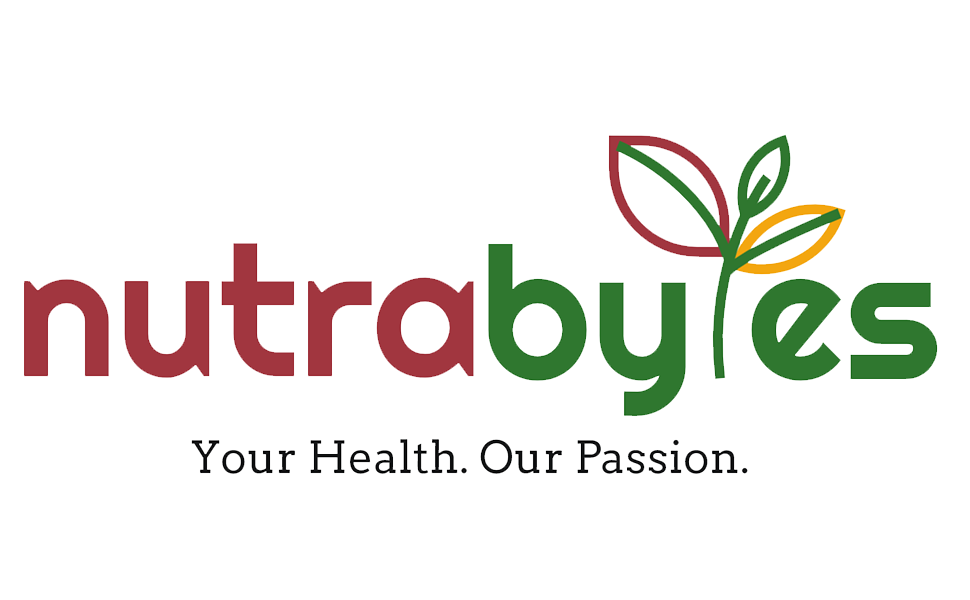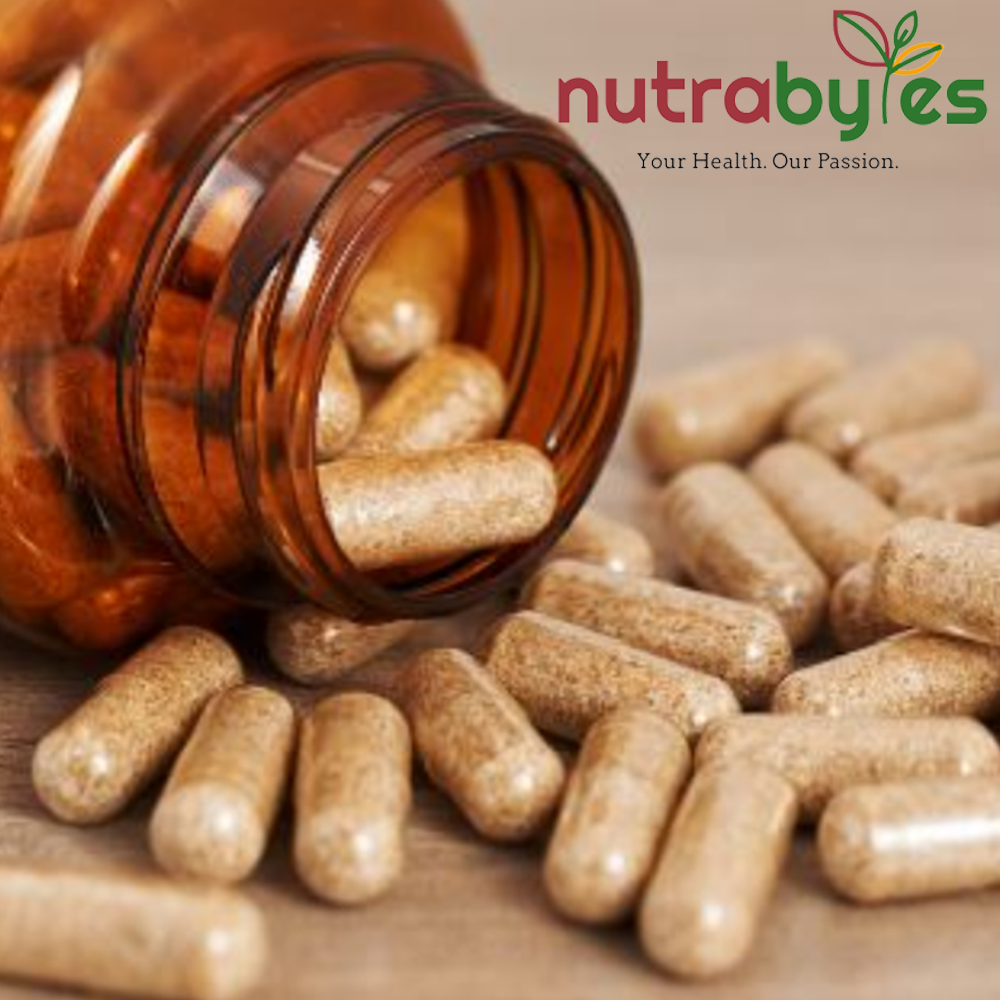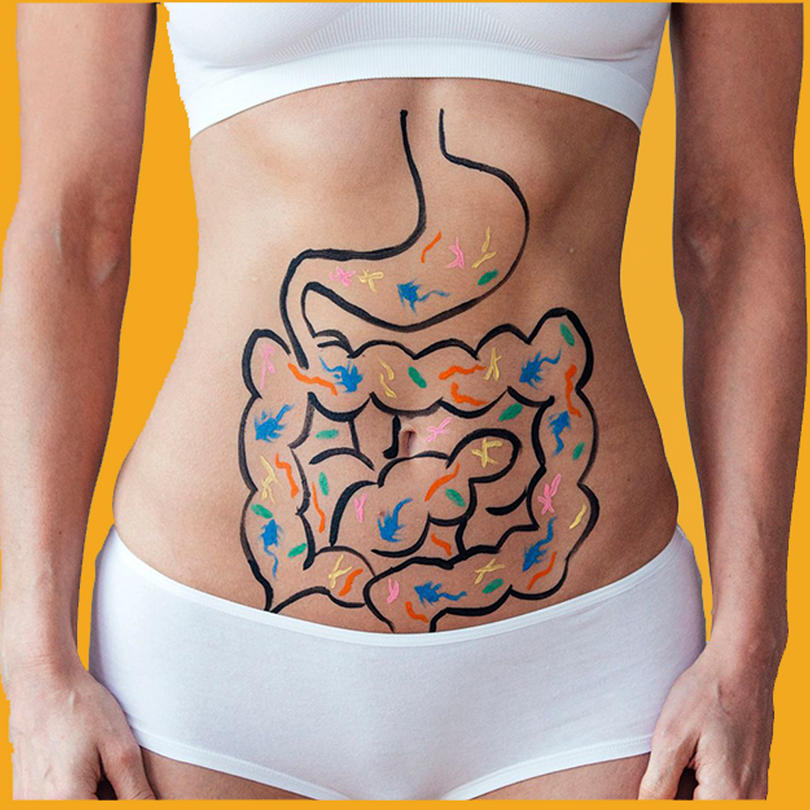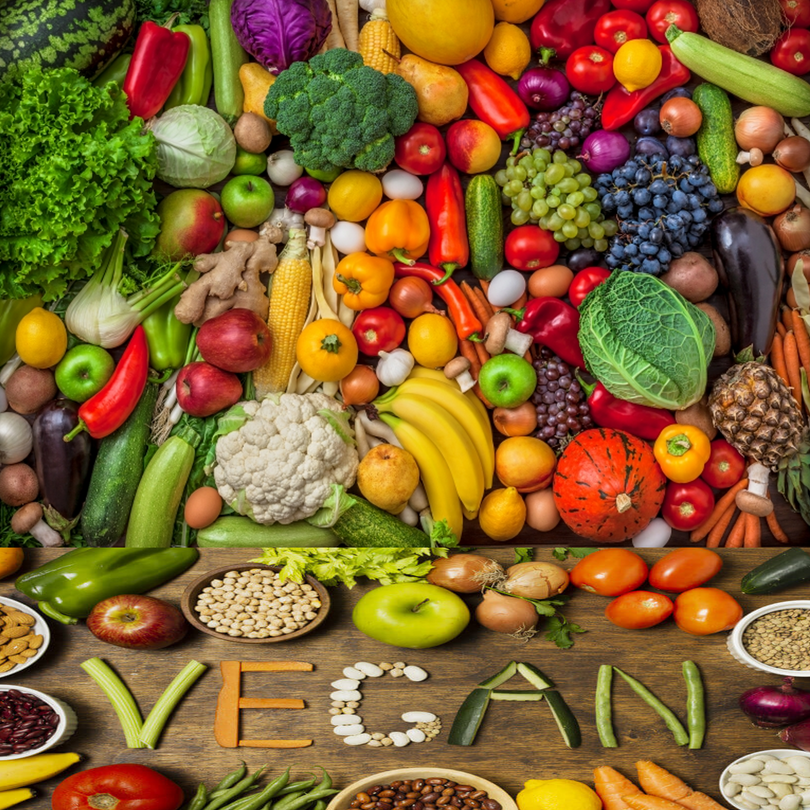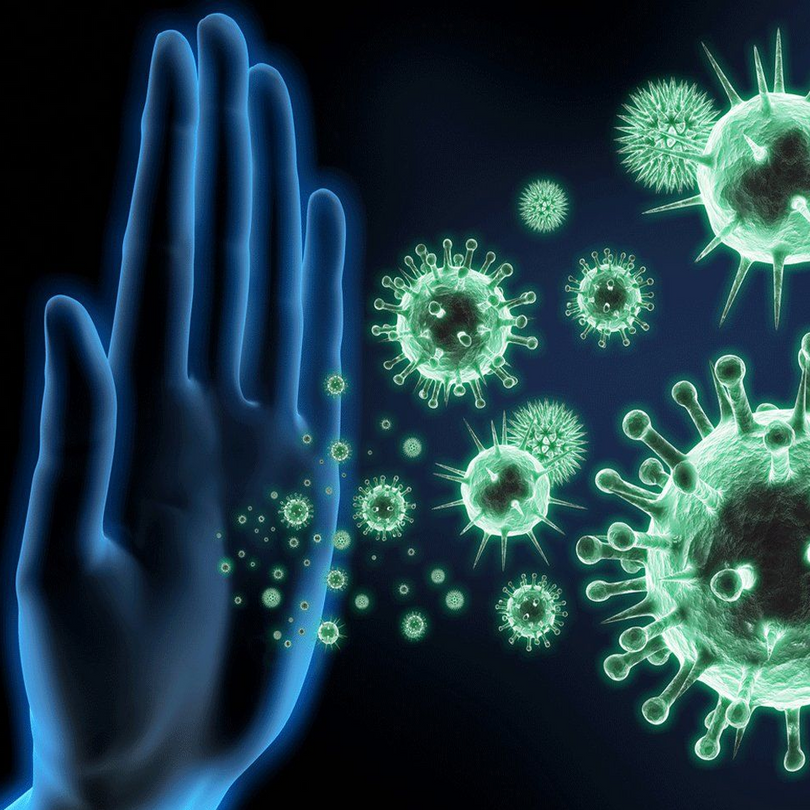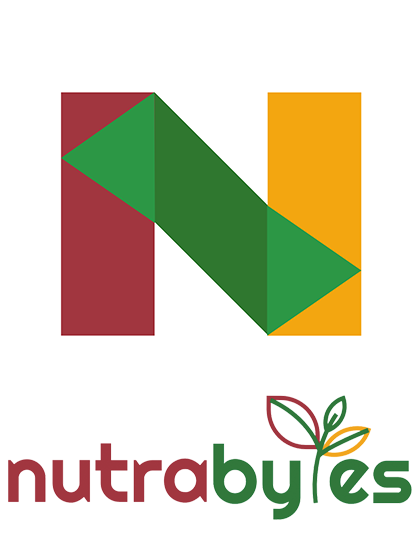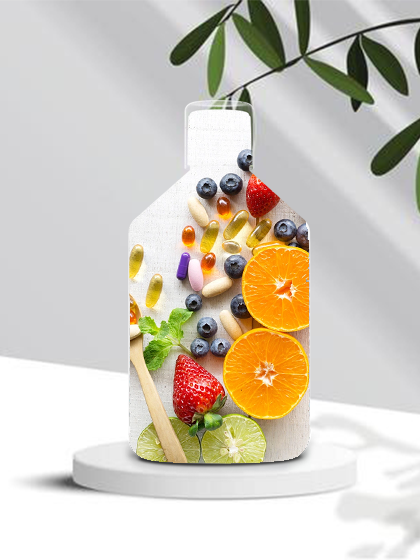It is widely accepted that maternal diet impacts breast milk composition, and mothers will go to great lengths to ensure that their babies receive only the best. As a result, many people may be interested in the link between collagen and breastfeeding.
Collagen can help you while breastfeeding
Fortunately, the answer is yes - taking collagen while breastfeeding is safe. There is currently no indication that collagen supplements are detrimental to either the new mother or the new-born, as there are no documented negative side effects. Actually, it is regarded as an excellent supplement to assist recovery and restoration from pregnancy, in addition to eating a good, balanced diet; exercising, and resting.
Assists you in meeting your daily protein requirements.
A new mother is tasked with a lot. Your body has to give a lot of extra nutrients to not only nourish you, but also your baby.
During nursing, a new mother's body works overtime to not only provide enough nutrients to heal and recuperate, but also to support your new-born. As a result, a recent 2020 study suggests that a breastfeeding woman's protein consumption should vary from 1.7 to 1.9 grams per kilogram of body weight per day.
A mother weighing 60kg will require 102 – 114 grams of protein per day. To give you an idea, that's around 5 grilled chicken breasts. Collagen might be really useful in this area, giving you that additional boost so you can recover as quickly as possible, and your baby can get all the nutrients they need.
Rebuild and strengthen tissue for wound healing
Collagen is essential for the synthesis and repair of damaged tissue. Delivery can often be the toughest and most exerting part, both physically and mentally, of pregnancy. Collagen can be beneficial in repairing tissues in the uterus, minimising postpartum haemorrhage and mending tears caused by vaginal birth (e.g. episiotomy or natural perineal tears). Collagen, especially if you've had a caesarean section, can help regenerate the tissue in the abdomen wall where the incision was created.
Many mothers might thus benefit from collagen's "restorative properties" to achieve a full emotional and physical recovery.
Combat Postpartum Hair Loss
While during pregnancy, a few women experience increased hair growth, postpartum hair loss is very common. Some women even experience this up to a year after giving birth. Hair loss after pregnancy occurs due to a sudden drop in hormones that were elevated during pregnancy. These include oestrogen and progesterone.
Keratin is the key protein that makes up your hair and proline is the key amino acid in Keratin. Collagen is rich in proline, providing the building blocks for hair growth. Therefore, taking collagen can encourage new hair growth as well as strong, shiny and healthier hair growth.
It’s essential that the collagen product you take provides the collagen in individual amino acids. Luckily, you have to look no further than our Collagen at Nutrabytes. Not only are our collagen supplements comprised of the individual amino acids that form collagen, but it is also hydrolysed collagen. Therefore, our collagen can be more easily absorbed by your digestive system.
Improving elasticity of the skin
Recovery from pregnancy can be hard. Your skin may change a lot through stretch marks, breakouts, extra pigmentation, and skin texture changes to name a few. Collagen can help improve the skin elasticity and regeneration, to reduce the appearance of many of these, to help you feel and look your best.
Improve Function of the immune system
Postpartum infections can be a real risk for many new mothers. To combat these, you need a strong immune system. Collagen contains Glutamine, an amino acid responsible for cellular repair and stimulation of immune tissue, helping with the healing process after injury and infections.
Therefore, a boost in Collagen can be beneficial with recovery and prevention of postpartum infections.
Strengthen Joints and Ligaments
I’m sure all new mothers can agree that caring for a baby can be very physically exerting. Sore necks, backs, and arms are a constant accompaniment to the first few months. Collagen can help strengthen your joints, bones, and ligaments to combat all the muscle pains and aches.
Improved Digestion (Healing the gut and liver)
Some of the amino acids included in collagen are highly beneficial in the healing and formation of the gut lining. Collagen is necessary for the production of connective tissue in the lining of the digestive (gastro-intestinal) tract. It can also help to decrease inflammation and to mend the digestive tract.
The liver is also vital for digestion. It secretes bile, needed to regulate the pH of the nutrients coming out of the stomach as well as breakdown lipids (i.e. fats). The liver also purifies the blood containing newly absorbed nutrients for the body.
When it comes to the health of our liver, the amino acids glutamine and glycine contained in collagen are crucial. These amino acids aid in the natural detoxification process of the body. Glutamine and glycine combine to form glutathione, the master antioxidant necessary by the liver to execute the detoxification process.
In Conclusion
You can take collagen while breastfeeding. In fact, there are many benefits to having a boost of collagen through supplements while recovering from pregnancy. However, make sure that the collagen supplement you take is non-GMO, gluten free and free from artificial colours and flavours.
And for that, you have to look no further than the Nutrabytes collagen range that is 100% organic, natural and the highest quality.
